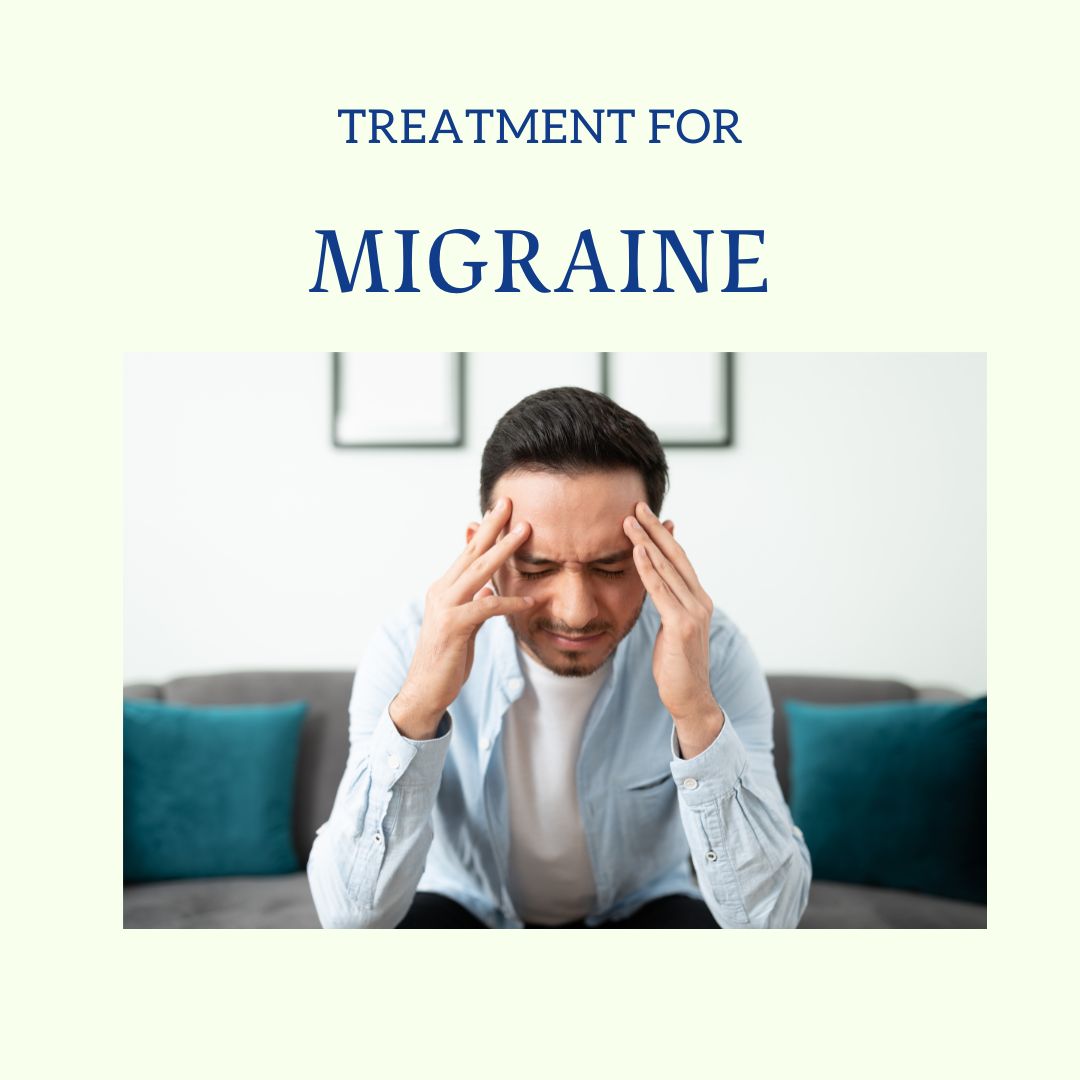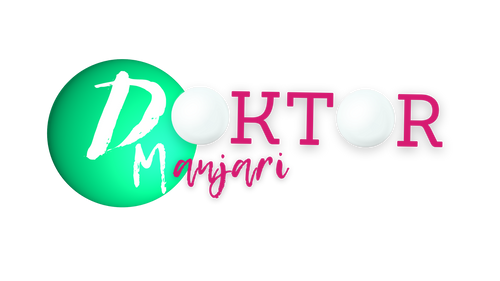Doktor Manjari
Migraine Treatment
Migraine Treatment
Couldn't load pickup availability
Migraine – Homeopathic Treatment
A migraine is a moderate to severe headache, often described as a throbbing or pulsating pain, typically affecting one side of the head. It is commonly associated with nausea, vomiting, and increased sensitivity to light and sound. Migraine is a chronic, recurrent condition that can significantly affect day-to-day life.
Recommended Treatment Duration: 1–3 Years
Duration depends on chronicity, severity of attacks, frequency of episodes, and past medication history. Expected outcome is gradual reduction in frequency, severity, and dependency on conventional medicines.
Types of Migraine
1. Migraine with Aura
Characterized by specific warning signs before the headache begins, such as seeing flashing lights, zigzag lines, or experiencing visual disturbances, tingling, or speech difficulty.
2. Migraine without Aura
The most common type. Headache occurs without any preceding aura or specific warning signs.
3. Migraine Aura without Headache (Silent Migraine)
Aura or other migraine symptoms are present, but there is no actual headache pain.
Frequency of migraine attacks varies from person to person — from several times a week to only occasionally.
Causes
The exact cause of migraine is not fully understood, but it is believed to involve:
- Subtle changes in brain chemicals, nerves, and blood vessels
- Genetic tendency or family history of migraine
Common Triggers
- Hormonal changes (e.g., before menses)
- Stress or emotional strain
- Physical or mental exhaustion
- Certain foods or drinks (as identified individually)
Warning Signs – Seek Emergency Care
The following symptoms may indicate a more serious condition (such as stroke or meningitis) and require urgent medical attention:
- Weakness or paralysis in one or both arms or one side of the face
- Slurred or unclear speech
- A sudden, severe (“worst-ever”) headache
- Headache with high fever, stiff neck, confusion, seizures, or double vision
- Rash along with severe headache
Migraine Complications
- Depression and mood disorders
- Status migrainosus (severe migraine lasting > 72 hours)
- Migraine-related stroke (migrainous infarction)
- Persistent aura without infarction
- Anxiety and panic disorders
- Bipolar disorder and agoraphobia
- Post-traumatic stress disorder (PTSD)
- Episodic syndromes: motion sickness, sleepwalking, sleep talking, teeth grinding
- Abdominal pain, cyclical vomiting, and vertigo in some individuals
Preventing Migraines
- Identify and avoid specific triggers whenever possible
- Maintain a regular routine for sleep, meals, and activity
- Stay hydrated throughout the day
- Limit or avoid excessive caffeine and alcohol
- Practice stress management techniques such as yoga, meditation, or deep breathing
Homeopathic Treatment Approach
- Prescription of Homeopathic medications prescribed after detailed assessment of migraine pattern, triggers, and associated symptoms
- Counselling and education about the nature of migraine and how to manage it long term
- Dos and don’ts regarding lifestyle, screen time, rest, and work habits
- Dietary advice and restrictions (if specific foods are identified as triggers)
Share


